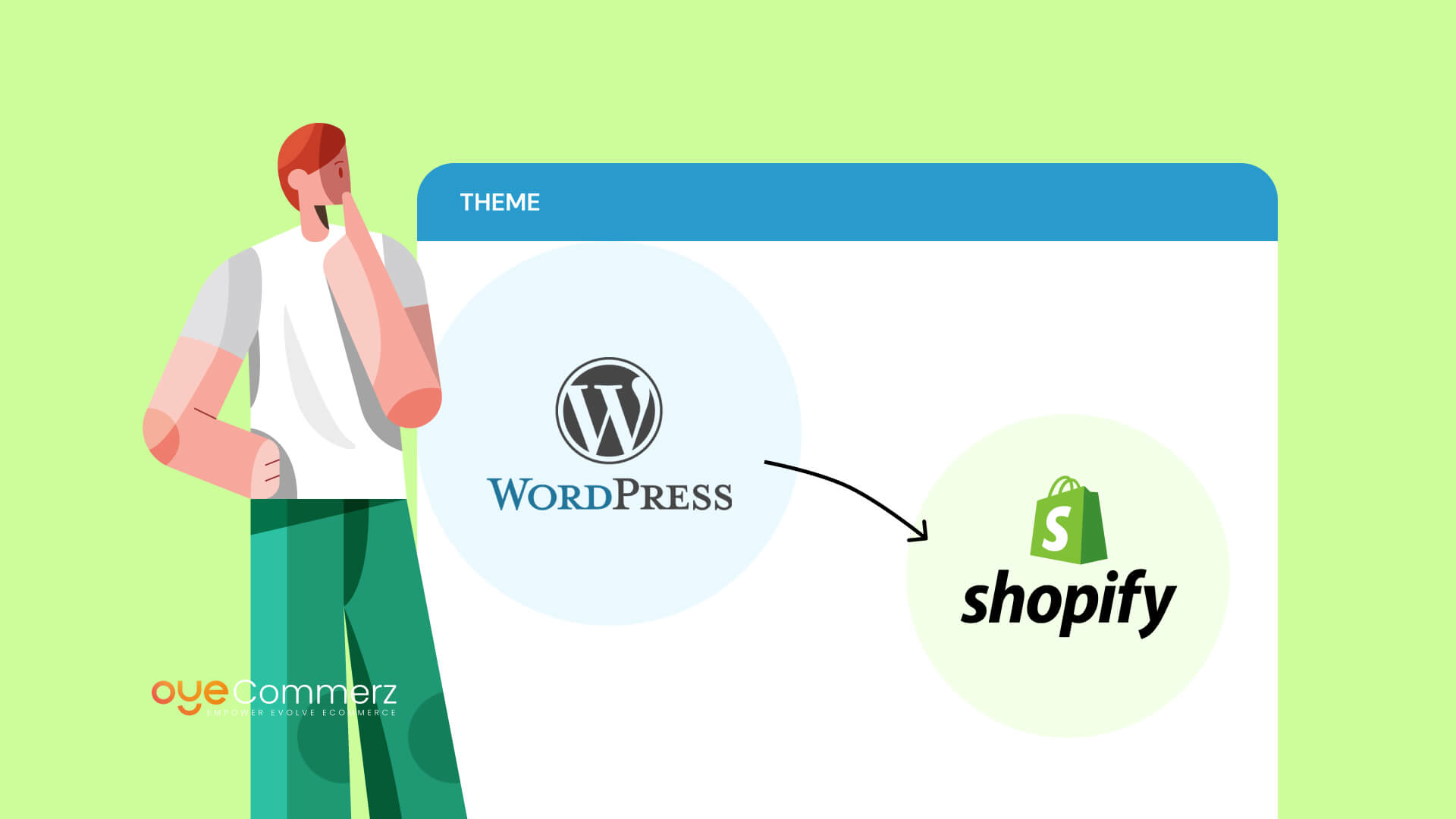In the ever-evolving world of online retail, selecting the right platform is crucial for your business's success. If you’re currently using WP and planning a migration to an alternative, you’re not the only one. Numerous businesses are shifting to take advantage of Shopify’s robust features, ease of use, and growth potential. This guide will guide you on the journey of migrating from WP to Shopify seamlessly, ensuring that you achieve your online retail potential.
Why Transition from WordPress to this platform?
Prior to starting the migration process, it’s crucial to realize why this change can be beneficial for your online store:
User-Friendly Interface: Shopify features an straightforward dashboard that simplifies store management, enabling for non-technical users.
Growth Potential: As your brand develops, Shopify can handle increased visitors and transactions without compromising efficiency.
All-in-One Solutions: Shopify provides integrated tools for search engine optimization, analytics, payment management, and more, minimizing the requirement for several plugins.
Enhanced Security: With Shopify, you benefit from advanced security protocols that safeguard sensitive customer information.
Steps for a Smooth Migration
Migrating your digital shop from WP to Shopify requires key steps.
Here’s steps to achieve a successful transition:
Prepare Your Migration Plan
Start by drafting your migration plan. Identify which components of your current site you plan to migrate, such as:
Item details
Customer information
Transaction records
Blog content
Pick the Best Migration Package
Considering your preferences, select a migration package that aligns with your business. Migration experts offers various plans:
Entry-Level Plan: Perfect for compact stores with minimal products.
Regular Option: Suitable for mid-range businesses with more complex demands.
Premium Migration Package: Perfect for big stores demanding extensive customization.
Secure Your Content
Before beginning the migration, guarantee that you have a complete backup of your WordPress site. This action is crucial in case anything goes off track during the migration.
Retrieve Your Content from WP
Use tools or alternative solutions to export critical data from your WordPress site:
Items
Clients
Transactions
Content pieces
Upload Information into Shopify
After you have your information exported, use Shopify’s built-in features or specialized apps to migrate your data into your new store. Confirm that all information Shopify product import tools is correctly organized and arranged.
Customize Your Shopify Store
Once importing data, customize your Shopify site’s design to align with your business goals. Consider hiring a designer if you require detailed customization.
Establish Payment Gateways and Logistics
Set up billing solutions and shipping settings in Shopify to ensure a seamless purchase experience for customers.
Adopt Search Engine Optimization Guidelines
To keep your online visibility during the transition:
Set up 301 redirects from old URLs to updated ones.
Refresh descriptions.
Enhance media and text for search engines.
Review Your Updated Platform
Ahead of publishing, extensively review your migrated site. Identify any discrepancies, payment processing issues, or missing data.
Go Live Your Platform
When everything is in order, it’s the moment to launch! Announce the transition to your customers and invite them to discover the enhanced capabilities of your Shopify store.
Post-Migration Assistance
Post launching your updated store, ongoing support is essential. Explore partnering with service providers who can guide with:
Site maintenance
Promotional campaigns
Enhancing features
Conclusion
Migrating from WP to this platform can be a game-changing step for your eCommerce. By adopting this guide and working with experts like those plan your Shopify migration offered by dedicated providers, you can guarantee a seamless transition that enhances your business potential. Accept the shift and unlock the advantages of Shopify today!
